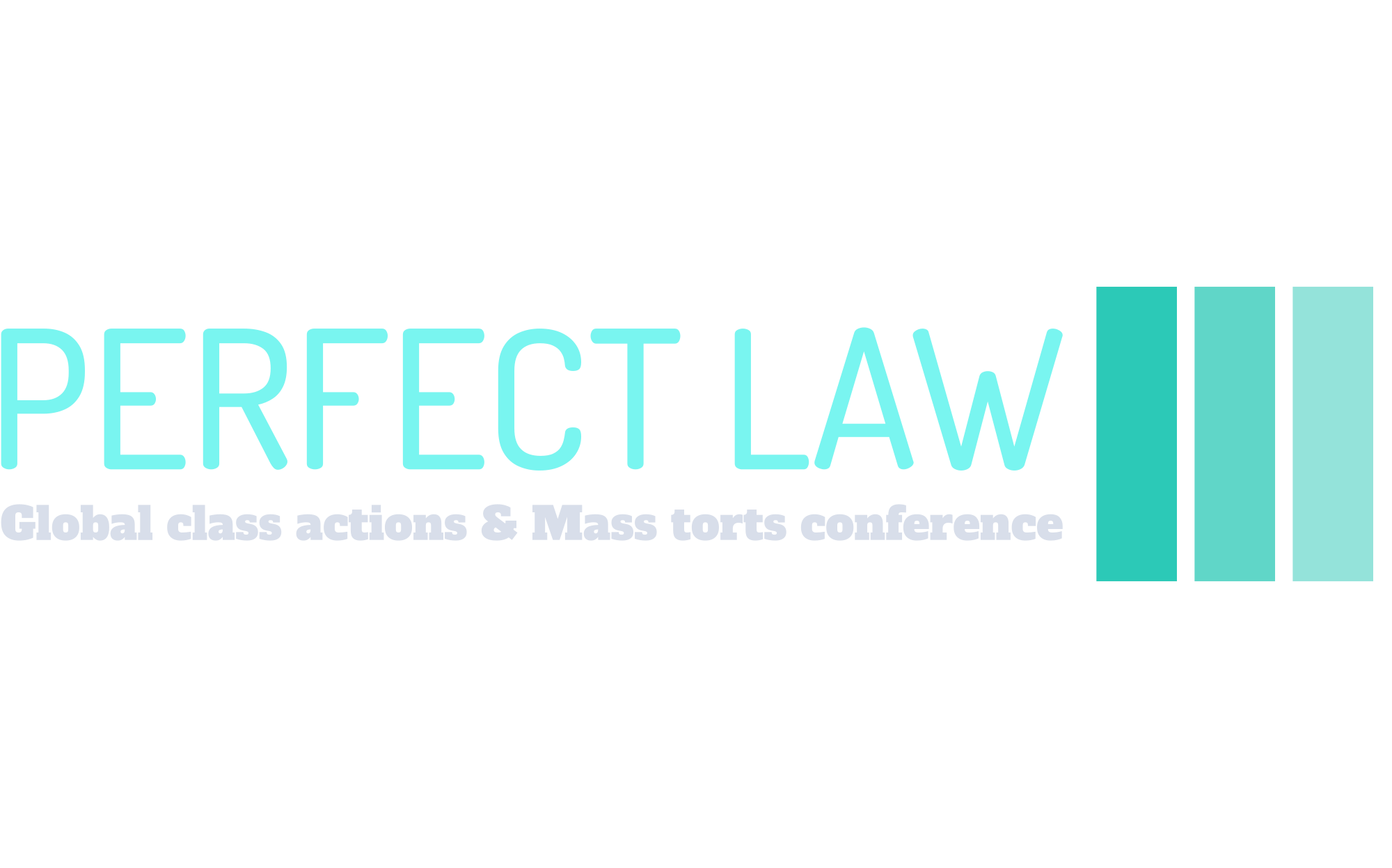On December 29, 2021, the District Court of Amsterdam (“Court”) decided that the WAMCA[1] claim brought by the foundation The Privacy Collective (“Foundation”) on behalf of over 10 million Dutch internet users against Oracle[2] and Salesforce[3] was inadmissible for lack of representativeness.[4] The decision provides important guidance on bookbuilding for anyone contemplating filing a WAMCA claim.
To file a collective action under the WAMCA regime, a claim organization must be sufficiently representative of the persons whose interest it purports to represent.[5] The Foundation tried to establish its representativeness by showing that approx. 75,000 persons “liked” a statement on its website in which it indicated that the Foundation wants to take two major tech companies to court.
The Court held that this was not a suitable method for establishing representativeness with respect to the represented group. First, the statement that could be liked lacked information on the nature and the stakes of the procedure, nor did it mention the identity of the defendants. Information on the procedure was given elsewhere on the website, but this was not accepted by the Court. Second, the only data about the “likers” available to the Foundation was their IP address. The Court held that this was no basis to establish whether the persons belonged to the group the Foundation represents in the case. Finally, the fact that other privacy organizations expressed their support for the action was not relevant for the Court, as the representativeness requires expression of support by the harmed parties themselves.
The Court gave some indications on what is required for establishing representativeness. Relevant factors include the number of members affiliated with an organization and the number of harmed persons who have actively registered for the claim. The Court stated that it would not require a list of names of the individual members of the constituency, but an accurate description of the group the claim organization represents. The Court criticized that the Foundation does not have any contact details of its supporters. Such information would be necessary as the WAMCA regime requires claim organizations to have adequate and effective mechanisms for claimholders to participate or be represented in the decision making of the claim organization.[6]
All in all, one should keep in mind that the WAMCA regime, although an opt-out system, does require claim organizations to take bookbuilding seriously to convince courts that they are in fact representative of the allegedly harmed persons. The jurisprudence on the matter is set to evolve. The Foundation appealed the Court’s decision to the Amsterdam Court of Appeal, where the case is currently pending. So, stay tuned.
Anton Burri[7] and Adrianus van Heusden[8]
[1] Resolution of Mass Damage in Collective Action Act (Wet Afwikkeling Massaschade in Collectieve Actie).
[2] Oracle Nederland B.V., Oracle Corporation and Oracle America, Inc.
[3] SFDC Netherlands B.V. and Salesforce.com, Inc.
[4] Rb Amsterdam 29 December 2021, ECLI:NL:RBAMS:2021:7647.
[5] Art. 3:305a(2) Dutch Civil Code.
[6] Art. 3:305a(2)(b) Dutch Civil Code.
[7] Faculty of Law, University of Lucerne, Switzerland.
[8] Rotterdam Institute of Law and Economics, Erasmus University Rotterdam, The Netherlands.







One Response